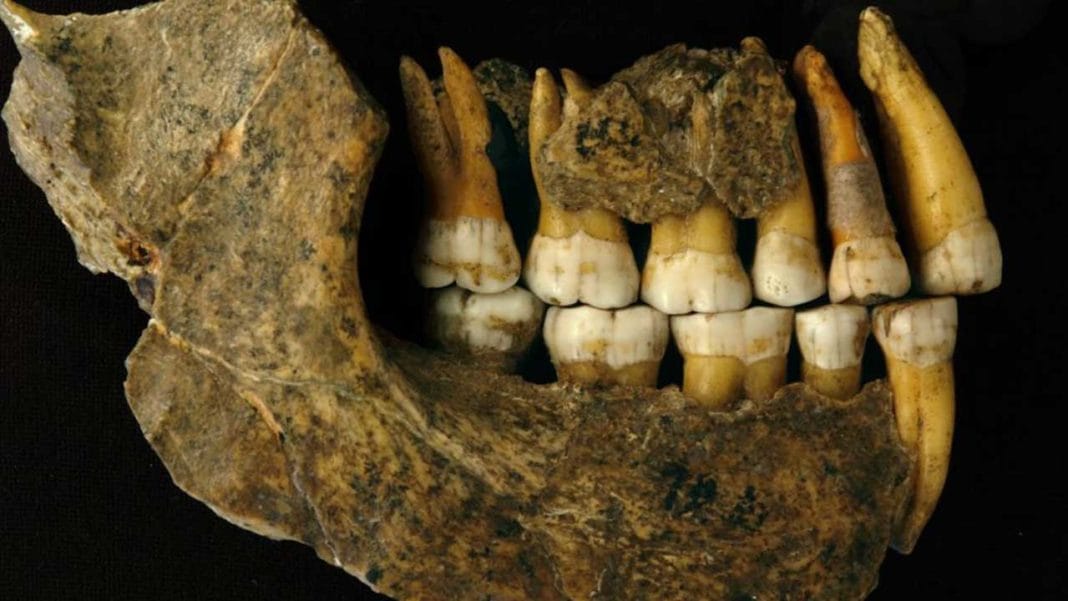The study of human ancestry has always been a topic of great interest, particularly when it comes to understanding the connections between modern humans and our extinct relatives, the Neanderthals. Recent advancements in genomic technologies have allowed researchers to delve deeper into the genetic material of both ancient and present-day humans, revealing a fascinating narrative of ancestry that spans thousands of years. The insights gained from these studies have profound implications for our understanding of human evolution, health, and adaptation.
Neanderthals, who lived across Europe and parts of Asia until about 40,000 years ago, coexisted with early modern humans for several millennia. As these two species interacted, they exchanged genes, leading to the eventual incorporation of Neanderthal DNA into the genomes of contemporary non-African populations. This interbreeding event has been a focal point of research, as it provides a unique opportunity to investigate how ancient genetics continue to influence modern human traits and health.
Through the extraction and sequencing of ancient DNA from Neanderthal remains, researchers have been able to construct detailed genomes that serve as a reference for comparison with modern human genomes. These comparisons have revealed that approximately 1-2% of the DNA of non-African populations is derived from Neanderthals. This genetic legacy has been linked to various traits, including skin color, hair type, and immune responses. For instance, certain Neanderthal alleles have been associated with adaptations to cold climates, suggesting that these genes may have conferred survival advantages to early modern humans in harsher environments.
Moreover, the study of Neanderthal ancestry has provided insights into health-related traits. Some Neanderthal genes are implicated in immune system responses and susceptibility to various diseases. Research has shown that certain Neanderthal variants can influence the risk of conditions such as diabetes, multiple sclerosis, and even COVID-19. This highlights the importance of understanding how ancient genetic material can impact modern health and disease susceptibility.
The implications of Neanderthal ancestry extend beyond health. They also encompass aspects of human behavior and cognition. Some studies suggest that the presence of Neanderthal genes may have influenced certain cognitive abilities, including aspects of language and social behavior. While the exact nature of these influences is still under investigation, the potential for Neanderthal heritage to shape modern human characteristics adds another layer to our understanding of human evolution.
As researchers continue to analyze the genomes of ancient humans and Neanderthals, they are also exploring the geographic distribution of Neanderthal ancestry. This research has revealed that different populations carry varying levels of Neanderthal DNA, which can be traced back to specific regions where interbreeding occurred. For instance, populations in Europe tend to have higher Neanderthal ancestry compared to those in Africa, reflecting the migration patterns of early humans out of Africa and into Eurasia.
The study of Neanderthal ancestry is not without its challenges. The preservation of ancient DNA is often compromised due to environmental factors, and the sequencing of genomes from remains that are tens of thousands of years old can be technically demanding. However, ongoing advancements in genomic technologies and analytical techniques are enabling scientists to overcome these hurdles and gain a more comprehensive understanding of our evolutionary history.
In summary, the investigation of Neanderthal ancestry through ancient and modern genomes has illuminated the intricate connections between our species and our extinct relatives. The insights gained from these studies not only enhance our understanding of human evolution but also have practical implications for health and disease. As research in this field continues to evolve, it is likely that we will uncover even more about the lasting legacy of Neanderthals and how their genetic contributions have shaped the modern human experience.


